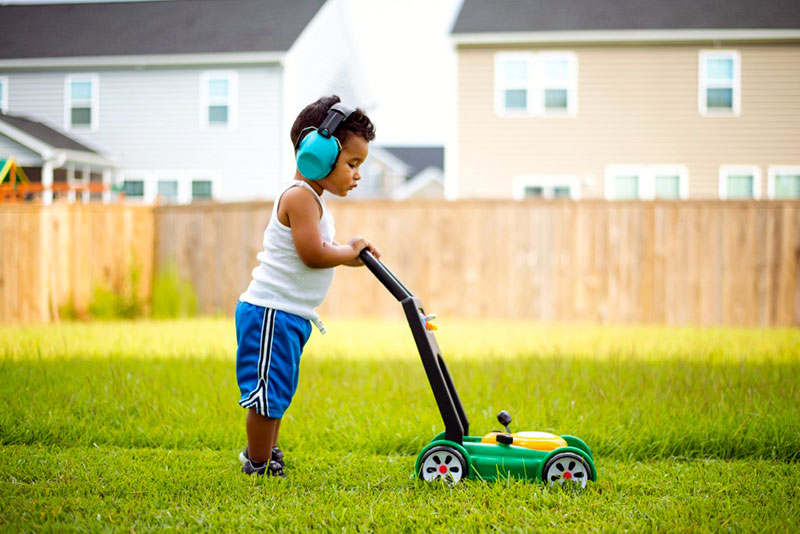
Typically a person thinks of an aging adult when they think of hearing loss since there is an association between hearing loss and aging. However, hearing loss in children happens and is more prevalent than you think. Children can be born with hearing loss in one or both ears, or it could stem from an ear infection, noise exposure, an infectious disease, or even exposure to ototoxic medicines. Even though there are various reasons behind hearing loss, noise-induced hearing loss is the most common way a child develops impaired hearing. Luckily, preventing hearing loss in children can be a fairly simple process.
Preventing hearing loss in children is possible with the correct know-how. However, it is also important to learn how to recognize the signs, which can be displayed differently for children. Here are the signs of hearing loss in children to look out for.